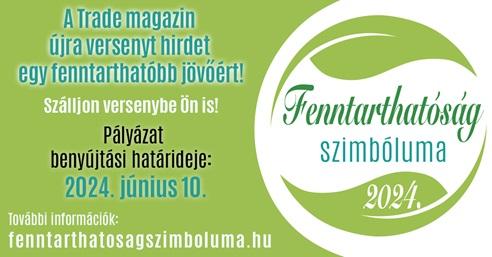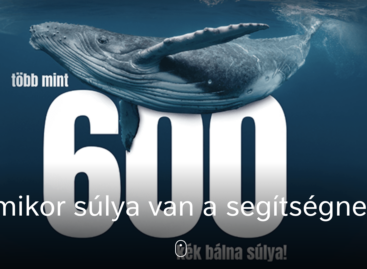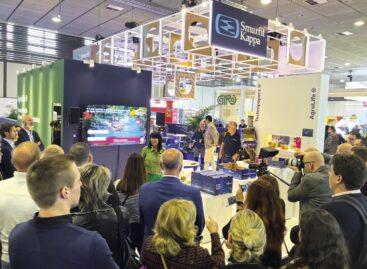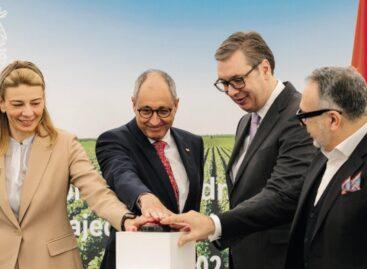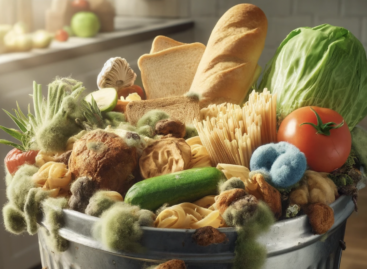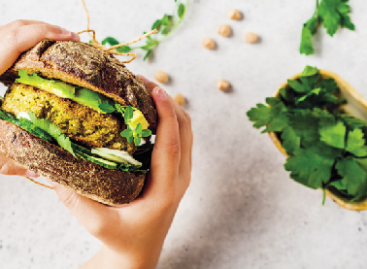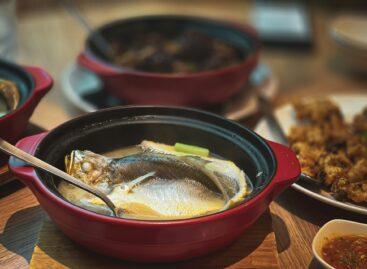Nestlé Has Cut Virgin Plastic Packaging By 10.5% Since 2018
Food giant Nestlé has reduced the use of virgin plastic packaging by 10.5% since 2018 and is on track to cut the use of the material by a third by the end of 2025.
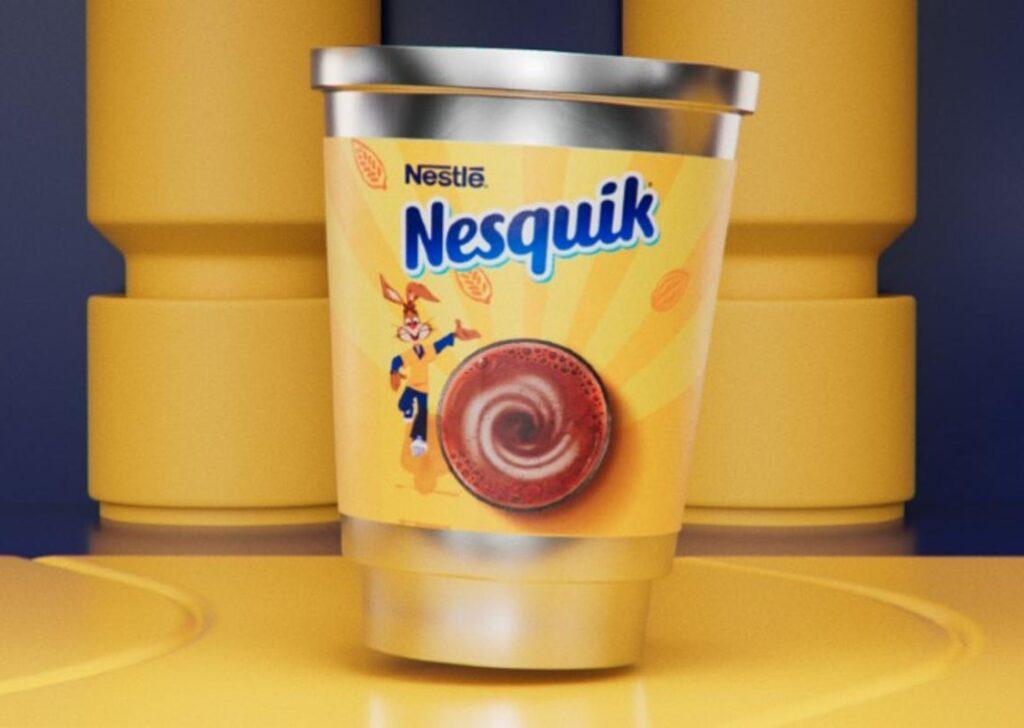
Since signing up to a global commitment on plastic waste five years ago, Nestlé and other signatories have implemented significant measures in reducing virgin plastic and increasing recyclability, according to the latest report from the Ellen MacArthur Foundation.
In 2022, Nestlé cut the weight of its total product packaging by 200,000 tonnes, which, it notes, reduced its greenhouse gas emissions by 280,000 tonnes.
Moreover, it reduced its packaging pieces by 14 billion last year.
Better Packaging Solutions
Nestlé’s total packaging footprint went down from 4.7 million metric tonnes in 2018 to 3.6 million metric tonnes in 2022.
The food giant has also conducted over 20 reuse-and-refill pilot programmes in 12 countries.
In Germany, for example, Nestlé has piloted reusable stainless-steel containers for Nesquik, in collaboration with start-up Circolution.
Building on findings from the pilot programmes, the company continues to test different reuse-and-refill solutions around the world and advocate for the necessary enabling conditions.
Recycling
As well as focusing on packaging reduction, Nestlé is also increasing the use of recycled plastics in its packaging.
At the end of 2022, 7.7% of the company’s plastic packaging was recycled content, and it aims to get close to 30% by the end of 2025.
In the UK, Nestlé’s water business has moved its entire Buxton natural mineral water range to 100% recycled PET.
The company has also pledged to design 100% of its packaging for recycling systems.
To date, 81.9% of Nestlé’s total plastic packaging is designed for recycling, and it aims for more than 95% of its plastic packaging to be ready for recycling by the end of 2025.
Nestlé also supports governments in accelerating the development of infrastructure for waste recycling.
It advocates for a Global Plastics Treaty and well-designed extended producer responsibility and deposit return systems.
Nestlé added that it has partnered on 220 initiatives to develop well-functioning collection, sorting and recycling schemes in Europe, Africa, Asia and Latin America.
Related news
Buyers of Nestlé products can help the needy in several ways in May
Between May 9 and 22, Tesco customers can once again…
Read more >Smurfit Kappa ushers in a new era in sustainable packaging
The Smurfit Kappa Group, the global leader in paper-based packaging,…
Read more >Nestlé invests CHF 80m in plant-based food plant in Serbia
Swiss food giant Nestlé has invested CHF 80m in the…
Read more >Related news
Blue planet: processing food waste is particularly important
Let’s not sink into climate depression, but let’s talk about…
Read more >Danone’s research looked at the popularity of herbal products
In 2024, Danone Hungary again participated in the regional research…
Read more >Inflation can also be seen in popular fish dishes
As the summer season approaches, the prices of popular fish…
Read more >
